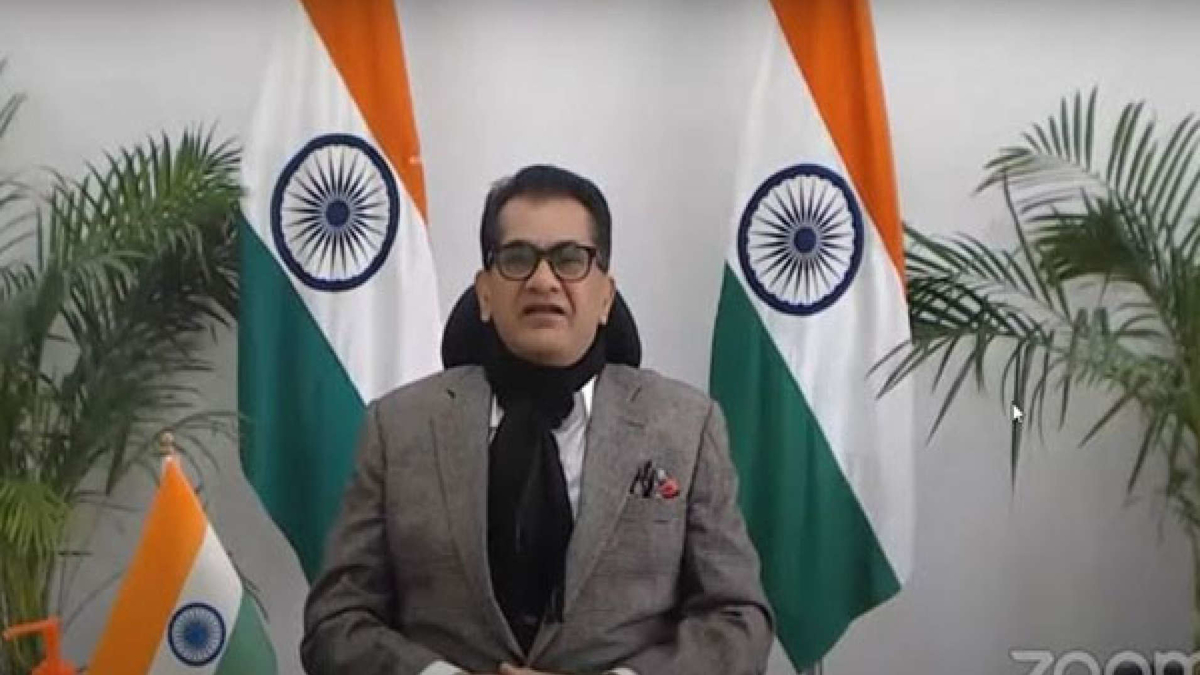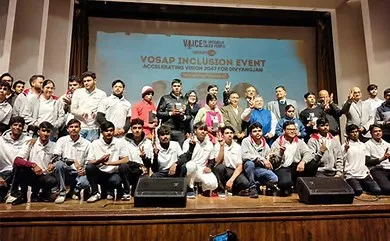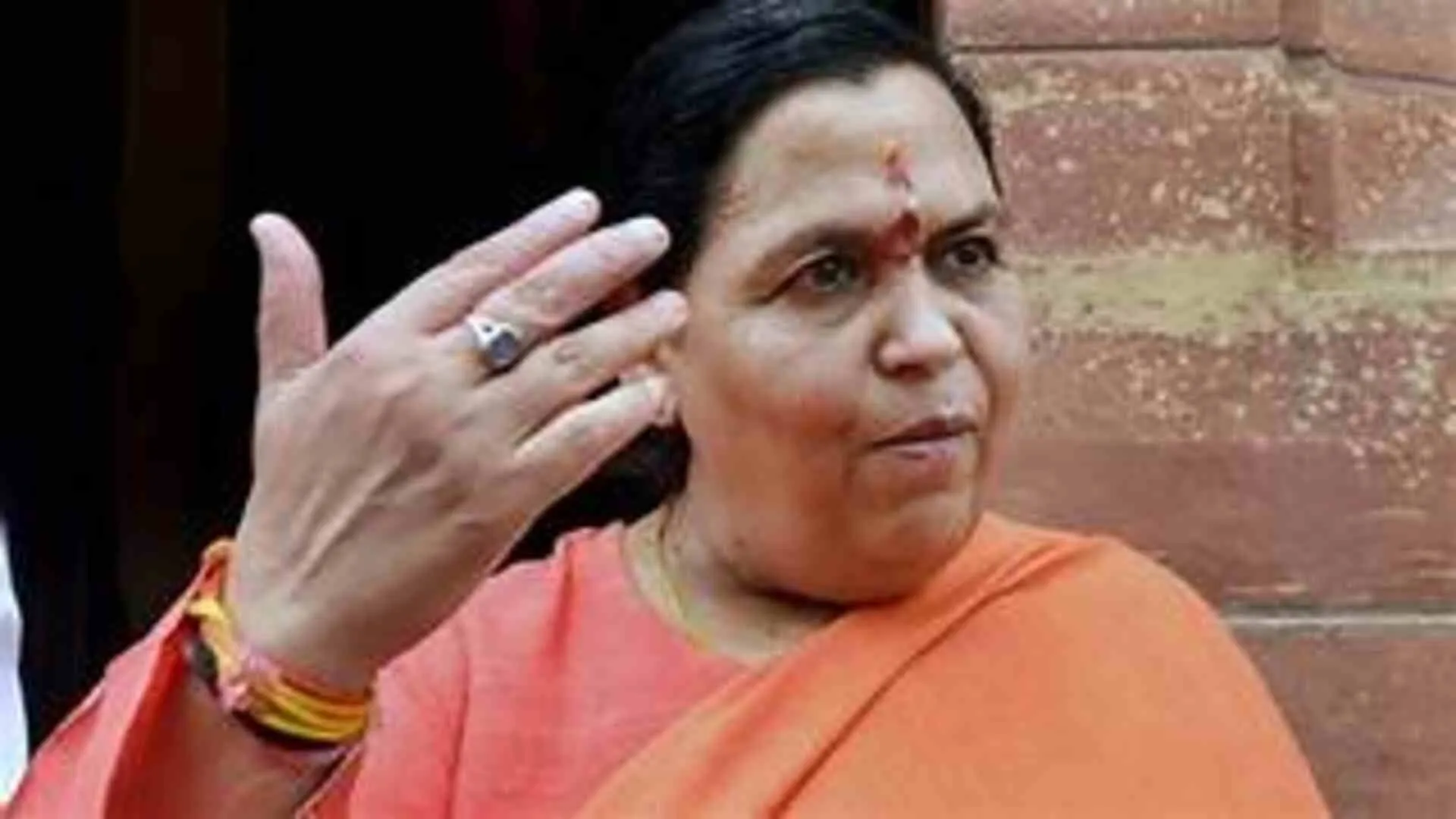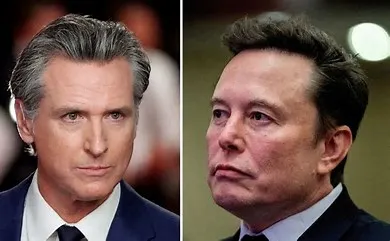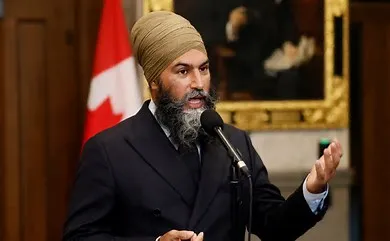Internationalisation of the Indian higher education system is the need of the hour and a multi-pronged approach is required for it, said NITI Aayog, CEO, Amitabh Kant today in a session titled ‘Internationalisation of Indian Higher Education System’ at the India Pavilion in EXPO2020 Dubai.
“The National Education Policy (NEP) 2020 envisions internationalising of Indian higher education system and establishing India as a Vishvaguru. However, we must acknowledge and introspect about the current challenges and trends in order to achieve this vision”, he said while addressing the session virtually. “It has to be understood that the higher number of outflow of Indian students to foreign universities and inflow of a substantially lower number of students to Indian universities reflect the sub-optimal quality of education in India as compared to the foreign universities,” said Kant.
Elaborating on the multi-pronged approach to internationalising the Indian higher education system, Kant said, “All higher education institutes must create an institutional development plan with a vision to be the best in their fields as recommended by the NEP 2020. The universities may like to use the National Institute Ranking Framework (NIRF) rankings and analyse the areas where there is a scope of improving their rankings.”
Along with this, he said that we must leverage our competitive advantages and traditional knowledge systems of India by integrating them with a modern-day studies like sustainability studies, architecture, medicine etc. “Short-term diplomas and courses could be launched in collaboration with Ministry of Ayush and Universities to promote indigenous natural practices for international learners,” Kant added.
He further said that all educational institutes participating in the India learning scheme must be ranked on the basis of ease of studying with a higher weightage given to feedback from foreign students as this will help participating institutes in improving their quality and getting more participation from foreign students.
To meet the funding needs, Kant said, “Indian higher education institutes must raise funds to raise their quality and Public-Private-Partnership could be one of the untapped areas to improve that and IIITs are one of the examples of this. The government recently modified the viability gap funding scheme to include social infrastructure projects that include higher education and universities must use this scheme to their advantage.”
He further added, “NEP has opened a window of opportunity to rejuvenate our higher education system. I call upon all our academicians to innovate and create world-class universities and make India a much sought-after education destination for students across the world.”
Addressing the session virtually, Dr Raghunath Mashelkar, National Research Professor, and Former Director General, CSIR said, “I’m quite confident that in this century of knowledge – India will once again regain its position as a leader in science & technology, innovation, philosophy and broader aspects of knowledge. I feel extraordinarily proud to speak to you as a product of education in India.”
Dr Vidya Yeravdekar, Chair, FICCI Higher Education Committee & Pro-Chancellor Symbiosis International University said, “With the National Education Policy, we will have more and more multiple universities that will provide excellent education. It is for young Indians, the non-resident Indians and foreign students who live abroad to come to India and experience this wonderful higher education system and be a part of the growth story of India.”

